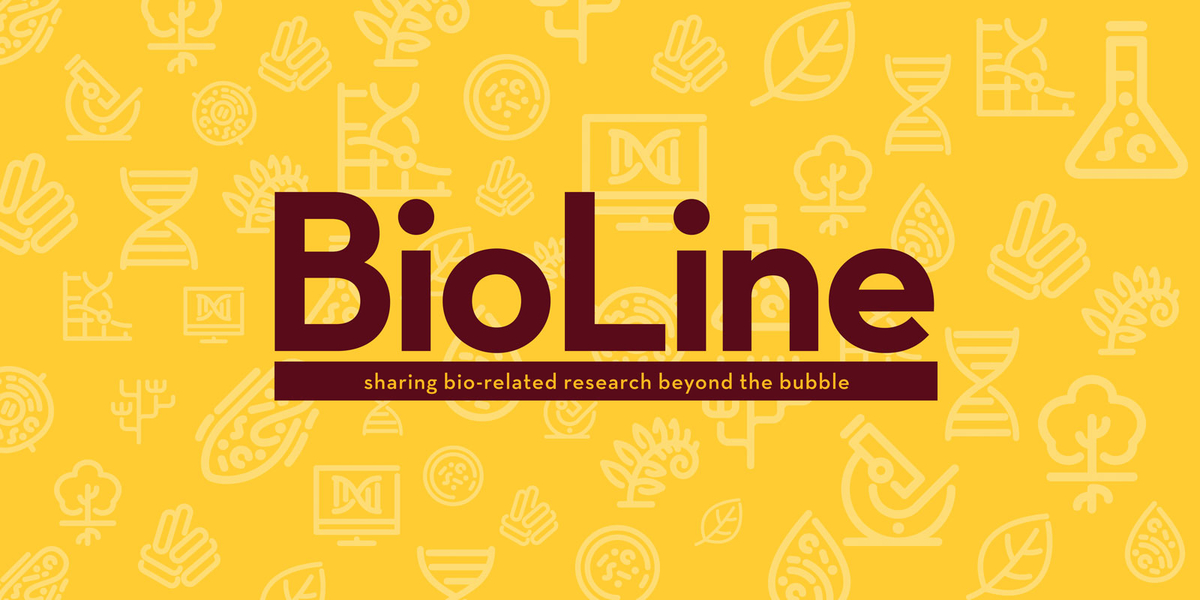
As I wound through my research plots of intermediate wheatgrass, the bustling sounds of four lanes of traffic drowned out the electronic sounds my Samsung Galaxy tablet made as I took notes. In stark contrast to those hectic 21st century sounds was the simple swoosh my long pants and sun shirt made as I passed by each plant. My big floppy hat kept the sun out of my eyes, and completed my ‘typical farmer’ appearance. But make it female, I told myself.
It was 2021, and this was what a plant breeder looked like.
As I slowly navigated through each plot, I mindlessly jotted down notes on my tablet.
Plot 73: tall.
Plot 74: diseased leaves.
Plot 74: late flowering.
Then, I heard the faint call of a middle-aged man on the sidewalk.
“Hey! Excuse me. What are you recording notes on?” Quickly snapping out of my data-recording trance, I walked over to greet the curious man.
“I’m a PhD student, working on breeding this new perennial grain crop called intermediate wheatgrass.”
He looked back at me with surprised eyes. “Oh, this is your research trial?” he asked.
“Yes, it is my research trial,” I said politely, my poorly-concealed anger bringing red to my face.
After exchanging a few mock pleasantries, I went back to recording data with an uneasy, sinking feeling in my gut. Why was he so surprised that I was the one researching this crop? Was I not the picture of a ‘scientist’ in my grubby field clothes? Or was it because I was a woman? The last question unfortunately always lingered in the back of my mind.
If the latter were the case, I couldn’t help but laugh at the irony of his surprise. The image of me, a woman, in the field, selecting high-performing plants was not a ‘new’ picture, by any means! Many of our modern-day crops were actually domesticated primarily by women thousands of years ago.
I wonder what ancient women from every part of the world thought when they selected promising plants – a larger potato, a tastier leafy green, a seed head that didn’t shatter on the ground when they picked it?
I’m pretty sure they weren’t recording notes on their Samsung Galaxy tablet, and they didn’t even know what a gene was, but their actions really weren’t much different from my own.
Women have always been scientists, and their scientific discoveries continue to fill our plates at every meal.
While I may have surprised that man, in reality, I’m part of a continuing legacy of women domesticating crops… maybe it’s finally time passersby start recognizing us. —Hannah Stoll